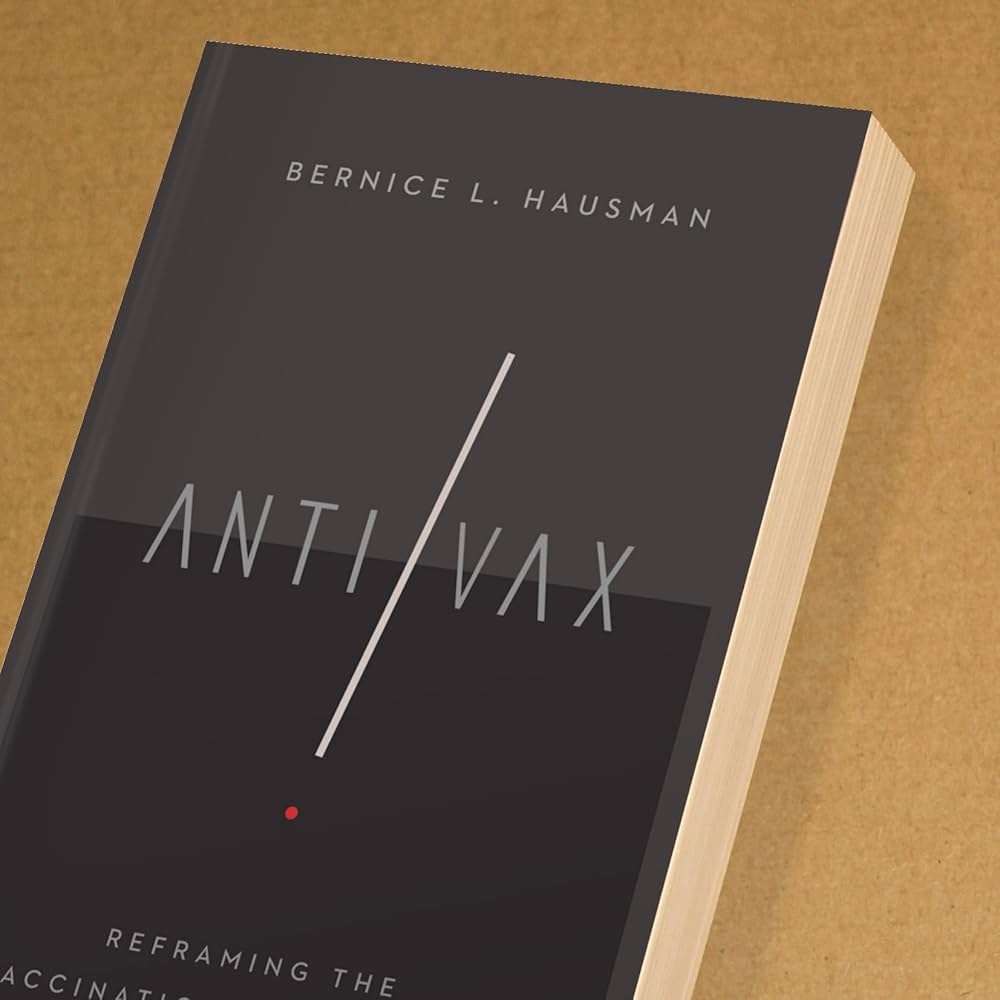Controversial Anti-Vaccine Nominee Withdrawn for CDC Leadership
It seems an individual bearing considerable skepticism towards vaccines fell short of garnering the needed approval from the Senate to assume the helm of the Centers for Disease Control and Prevention. In a surprising move, the Trump administration decided to withdraw the nomination of the controversial vaccine critic, Dave Weldon. Dr. Weldon was poised to face a Senate confirmation hearing where his contentious views on vaccines were expected to take center stage.
Notably, this former Florida representative gained a reputation for championing a theory, now widely debunked, suggesting that the measles vaccine is a potential cause of autism. Further, he has accused the CDC of clandestinely concealing a connection between the two. His inclination towards such discredited theories undoubtedly sparked controversy, further complicating his path towards the CDC leadership position.
In 2004, Dr. Weldon had advocated for financial support earmarked towards an autism investigative centre, led by a key purveyor of the discredited theory, Andrew Wakefield. The latter’s infamous 1998 research published in The Lancet had claimed an association between the Measles, Mumps and Rubella (MMR) vaccines and autism.
The Lancet, however, subsequently withdrew the study in question, citing serious concerns regarding research malpractices. Mr. Wakefield found himself embroiled in accusations of manipulating data and conducting improper research practices.
These controversies, however, did not dissuade Dr. Weldon from making his mark in anti-vaccine circles. He surfaced in ‘Vaxxed: From Cover-Up to Catastrophe’, a thought-provoking 2016 documentary directed by none other than Mr. Wakefield himself.
Dr. Weldon’s participation in the film had been seized upon by anti-vaccine campaigners as an endorsement of their cause. The documentary was also produced by an adversary of vaccination, further adding to the contentious tone and message of the film.
The decision to nominate Dr. Weldon for the CDC leadership presumably came from President Trump, spurred by a recommendation from another individual. Yet it soon became clear that the nomination would not be without its share of controversy.
In the end, the controversies surrounding Dr. Weldon, his stance on vaccines, and his involvement in the discredited autism study proved too significant to overlook. The Trump administration decided to withdraw his nomination, a decision that arguably prevented an even larger uproar.
These developments highlight the fiercely debated issue of vaccines and their potential impact on health. Despite overwhelming scientific evidence demonstrating the safety and efficacy of vaccines, some individuals continue to champion unsupported theories linking them to various disorders.
People like Dr. Weldon, no matter their professional credentials, have come under intense scrutiny for their anti-vaccine views. Such heated debates underscore the critical importance of evidence-based decisions in public health and the potential consequences when these principles are not adhered to.
In essence, the nomination and subsequent withdrawal of Dr. Weldon provides a stark reminder of the ongoing tensions surrounding this issue. It showcases the breadth of the divide between those who support traditional, scientifically validated public health measures and those who rely on discredited theories and practices.
While freedom of expression is an integral component of any democratic society, it is concerning when it propels unfounded views into mainstream conversation and policy discussions. These events serve as a reminder of the potential damage and confusion that can be caused when misinformation spreads, particularly in the domain of public health.
The nomination of Dave Weldon for the leadership of the CDC has laid bare the potential risks and challenges associated with the spread of misinformation in public health. Misconceptions and unsupported theories can deeply divide public opinion, create suspicion, and even jeopardize the implementation of vital health measures.
In the context of this important public health role, Dr. Weldon’s nomination ultimately highlighted the necessity for leaders who prioritize science, facts, and the welfare of the public. Withdrawing his nomination underscores this stance and sends a strong message about the importance of expertise, credibility, and trust in these leadership roles.
In the end, as evidenced by Dr. Weldon’s experience, it seems that the public health sector requires leaders who can withstand scrutiny, make informed, evidence-based decisions, and uphold the trust of the people they serve. Nominations for key health leadership roles should hence be seen not only as political decisions but also as measures of a society’s commitment to the best practices in health.
Ultimately, this incident underscores the obligation to exercise caution, remain vigilant against misinformation, and place public health interest at the heart of decisions. Ensuring the safety and well-being of the populace should remain the primary goal, particularly in the high-stakes realm of public health leadership.

